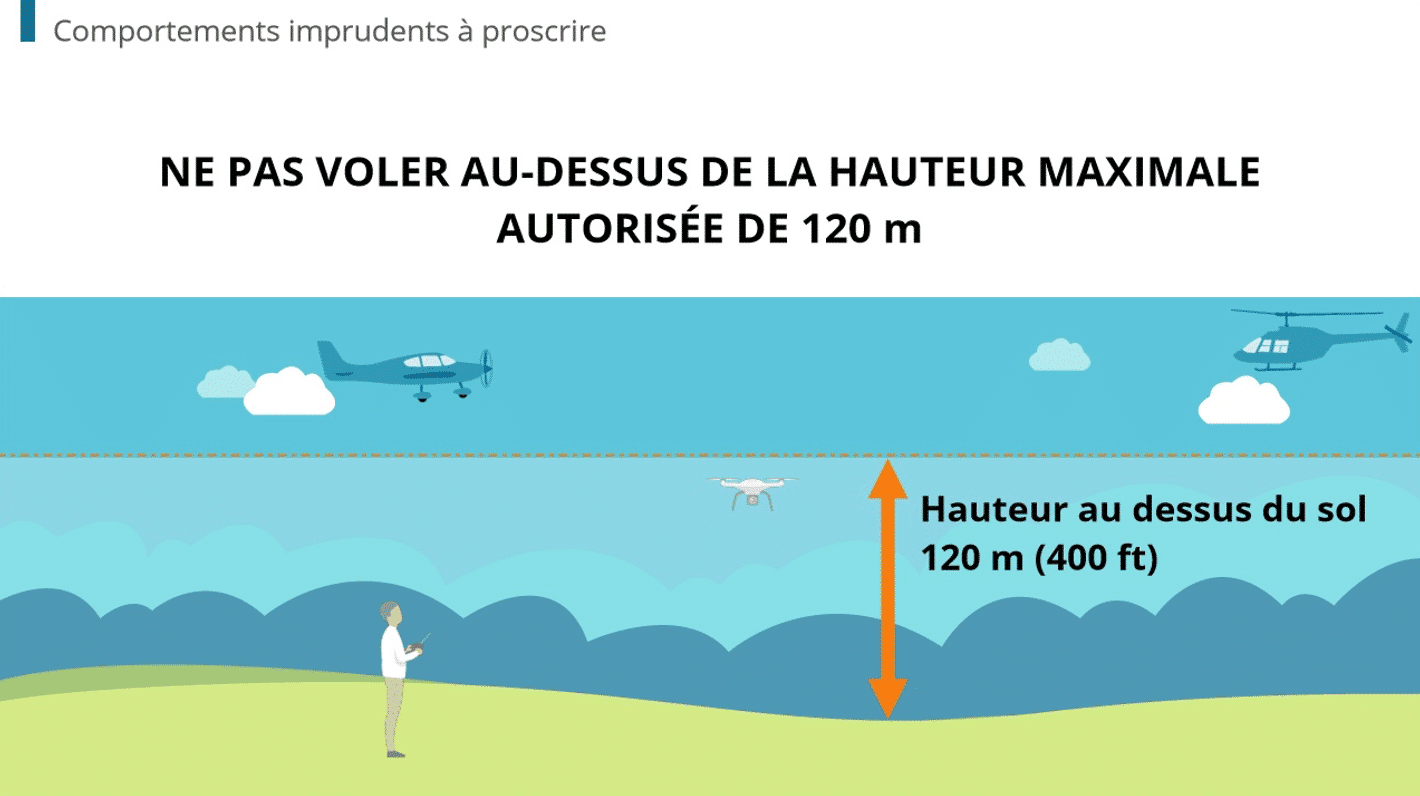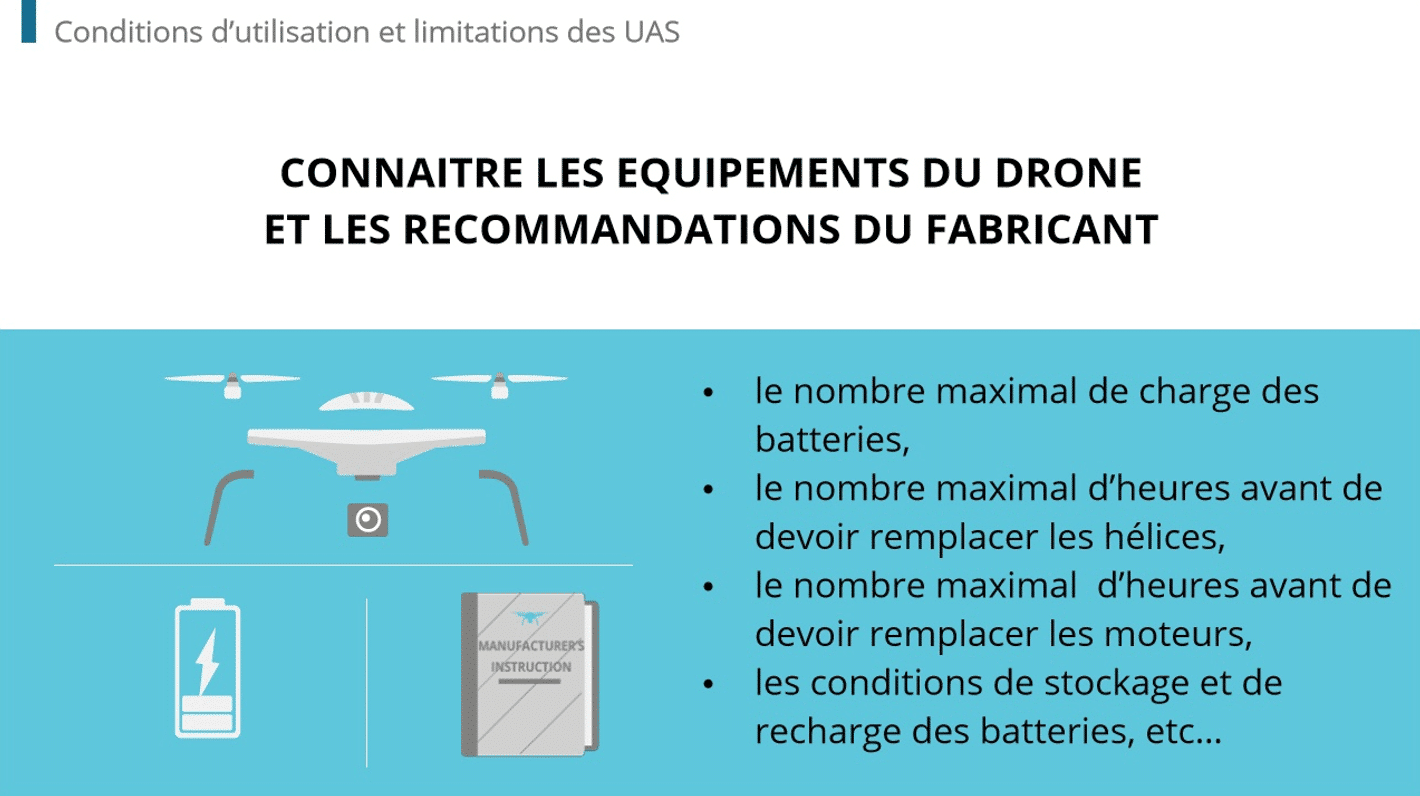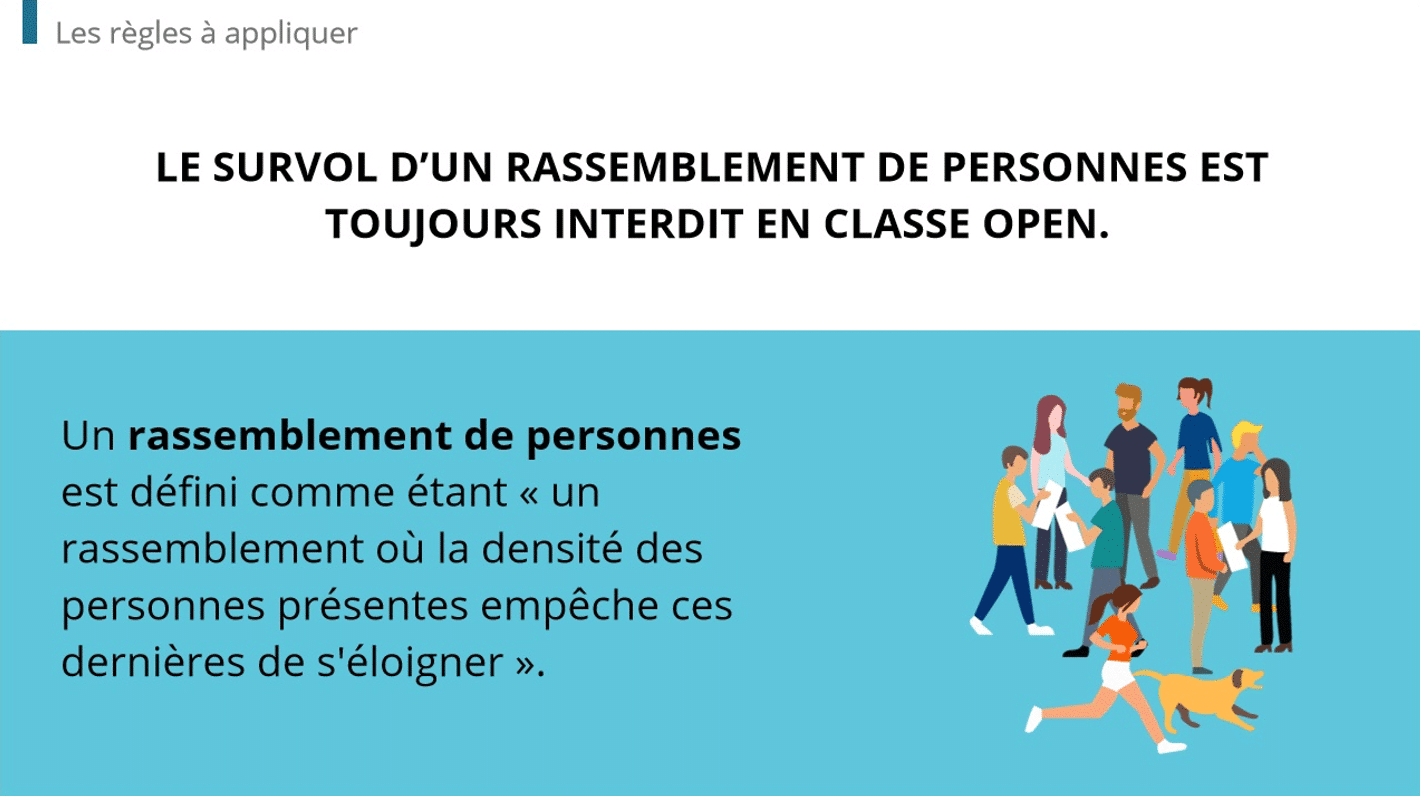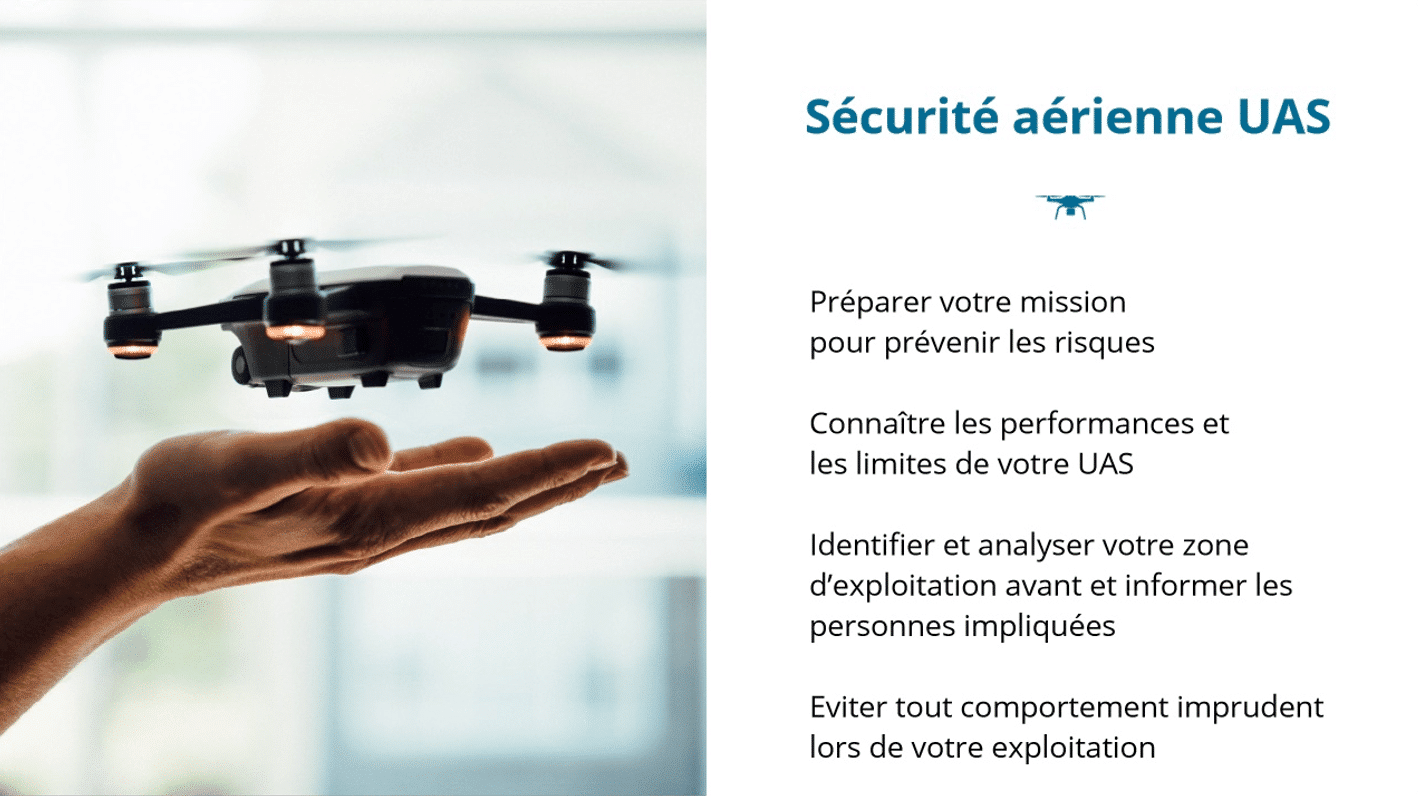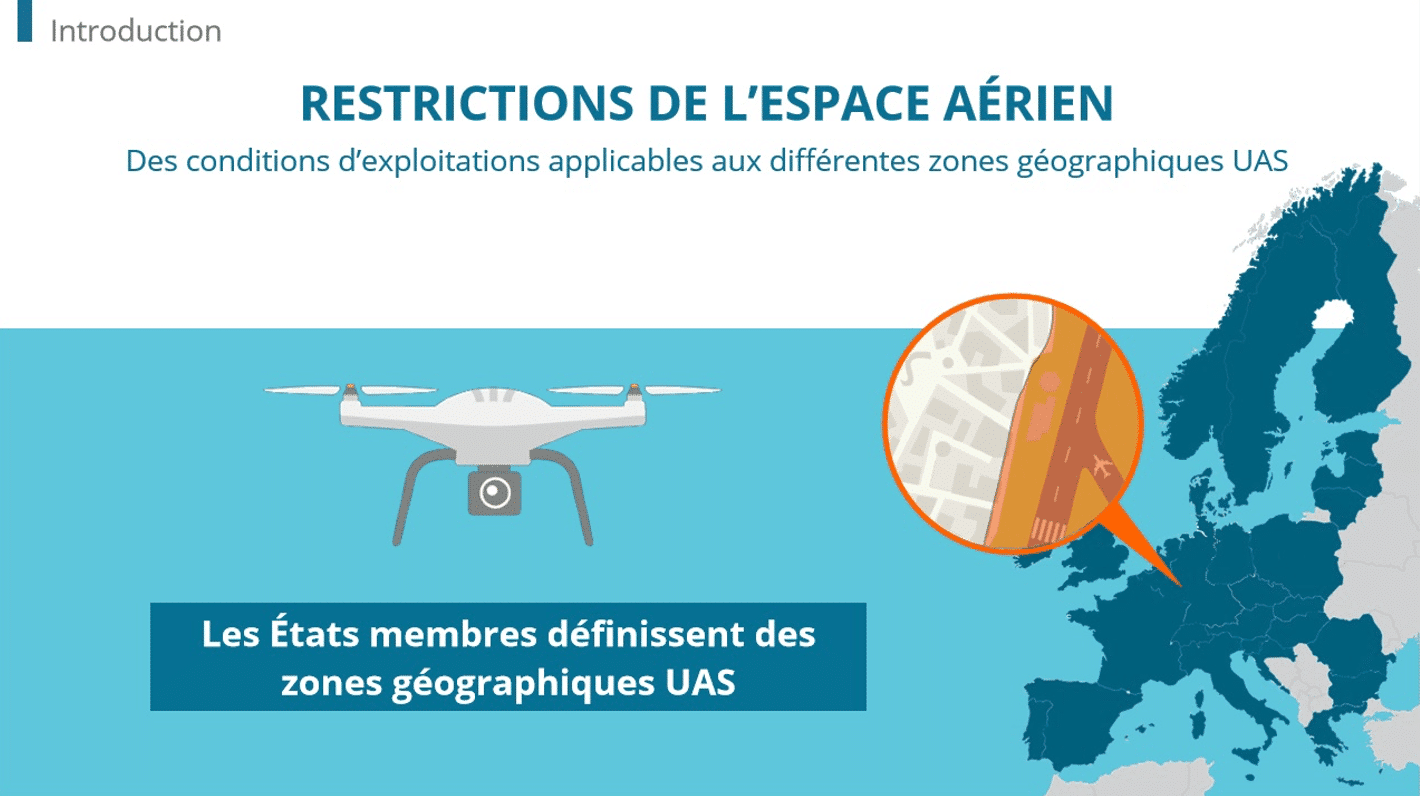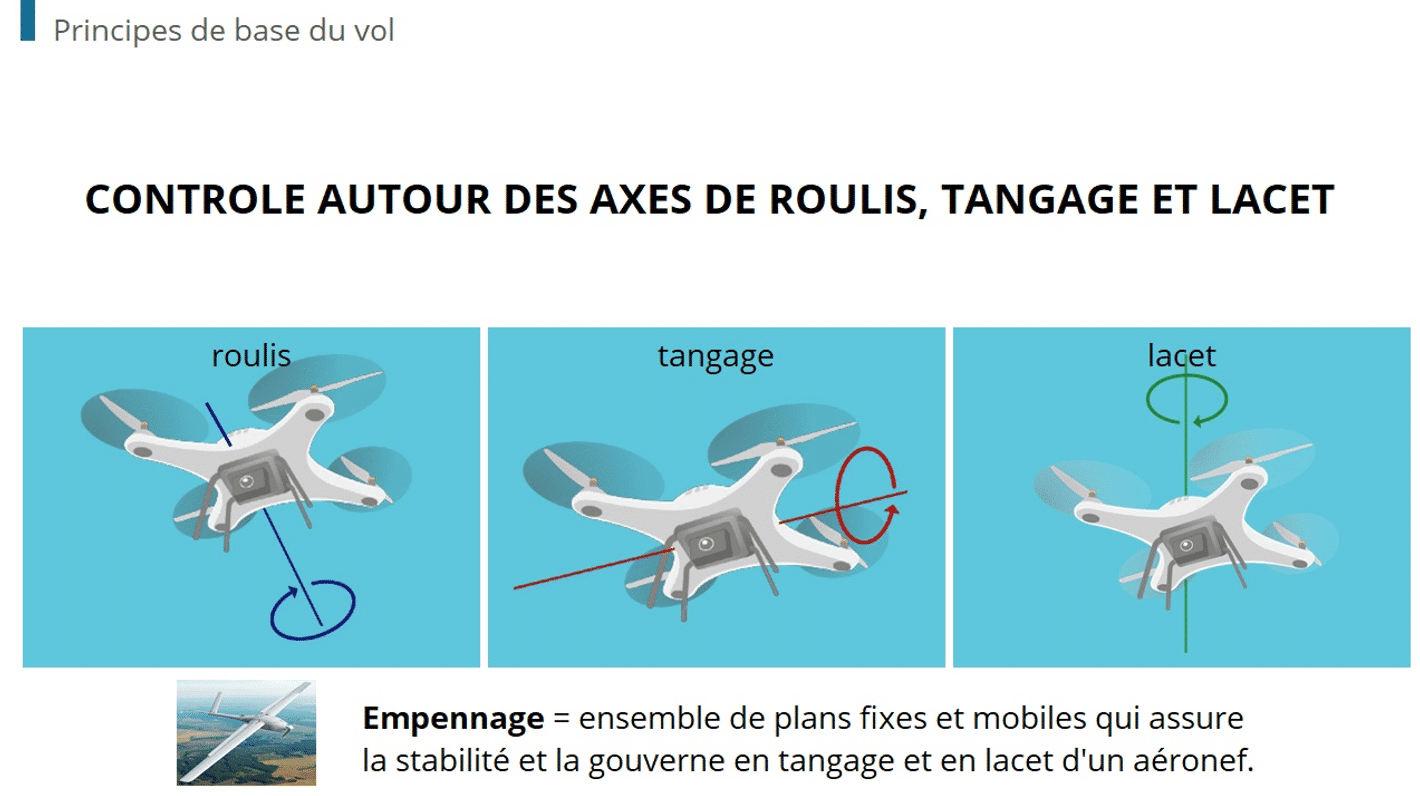ChatGPT has turned the world upside down. AI is becoming smarter and is increasingly in use in our interaction with the world, especially on the professional digital front. In a 2022 report, 15% of UK companies have integrated at least one generative AI technology. How will AI shape our learning and professional knowledge attainment as it continues to become ubiquitous in the digital landscape? Here are the projected trends in AI as it relates to digital learning.
Natural language processing (NLP)
NLP is AI technology that employs varying algorithms to analyze and interpret human speech. The most prolific NLP examples are Amazon’s Alexa and Apple’s Siri. How can this be a tool for innovative digital learning? Here are some key possibilities:
- Vision-impaired learners can use NLP to input commands, responses, and inquiries
- Use NLP to generate inquiries and receive instantaneous responses. This saves HR time from having to respond to students with answers that are available online.
- NLP can be a source of technical support for common troubleshooting issues
Curate content
Before AI, course creators had to curate content manually. However, this time-intensive process can now be relegated to a degree via AI. Machine learning can deploy algorithms that analyze keywords, student profiles, and first-party data to automatically curate content and courses relevant to company-specific needs. Once the AI curates content, HR can step in and make manual tweaks as needed to smooth out the edges. Furthermore, AI can disseminate content based on individual learning styles. This may include videos for visual learners, for example. This is known as adaptive learning and is becoming a mainstay e-learning component.
Reinforcement learning
AI deploys reinforcement learning by determining the top outcomes through real-time data input applied in virtual simulations. AI maps out the possible scenarios and provides the best response or recommendations. This can significantly minimize real-world trial and error, thus saving time, money, or learning lessons the hard way. Reinforcement learning can be applied in digital learning environments to provide customized courses, modules and media based on learner performance.
E-learning course creation
Similar to content curating, through language modeling, AI can create courses by creating text that mimics human writing. Course creators shouldn’t rely on AI to build an entire course, but they can use AI to establish a foundation, then go over the resulting creation to make manual changes as needed. This can be a time saver, especially if you need to create course content at scale.
The Role of ChatGPT
ChatGPT has become an automated godsend in a variety of fields. Its possibilities in digital learning are far-reaching. One example is Instructors using ChatGPT to automate the grading process. Dozens of homework, quizzes, and even essays (to a degree) can be graded within seconds. AI can provide written feedback on areas of improvement. Instructors are using ChatGPT to provide immediate feedback, and then follow up with more personalized comments. At Dokeos LMS, we’re delighted to announce the imminent launch of a new feature that will allow you to generate evaluation questions via ChatGPT.
Challenges in AI for digital learning
While AI will continue to take on a greater day-to-day role in educational development, with the evolution comes new challenges. Educators and course developers may come across these barriers.
1. Data interpretation
AI can analyze streams of incoming data and display the results through analytics reports. However, handling large data streams can prove to be challenging. Modern AI can interpret unstructured data to some degree, for example, but this still requires human input. Furthermore, human data scientists will need to make assessments on which data sets to use for best results. For instance, will third-party data be entered into the algorithm, and if so, to what degree in relation to higher-quality first-party data?
2. Technical skill limitations
Modern AI and machine learning tools are turnkey, meaning they’re ready for use upon installation or download. Many are designed for the layman and non-IT technicians. Nevertheless, this is still new technology and a learning curve is required. Depending on the extent and type of AI implementation, some onboarding is necessary. This may require a whole separate digital learning course in itself. This can consume additional time, money, and resources. Staff may also need convincing to take a course not directly tied to their professional skill.
3. Human empathy
AI has limitations, particularly as it pertains to how humans resonate with one another at an emotional level. AI learns based on data pattern recognition, but this form of machine learning lacks human discernment. For example, AI may be unable to discern personal experiences that may be relevant to a job applicant. A candidate with a backstory of obtaining industry certification amidst working full-time as a single parent may be a good candidate due to the clear resiliency. However, this requires human scrutiny; AI isn’t fully able to interpret the value of accomplishments amidst adversity, trials, and tribulations.
Employ AI-based digital learning with Dokeos LMS
AI will continue to advance and become more prominent in our learning and attainment of new information. HR teams can make the adoption now. With Dokeos learning management platform, incorporate the latest in AI learning and automation tools. Help your staff acquire industry-specific knowledge that caters to their individual learning styles.
The best LMS for corporate training has an intuitive user interface, is customizable, and is scalable. Ready to start building effective, easy-to-use corporate and leadership training programs for your company? Contact us and sign up for a free trial today!






